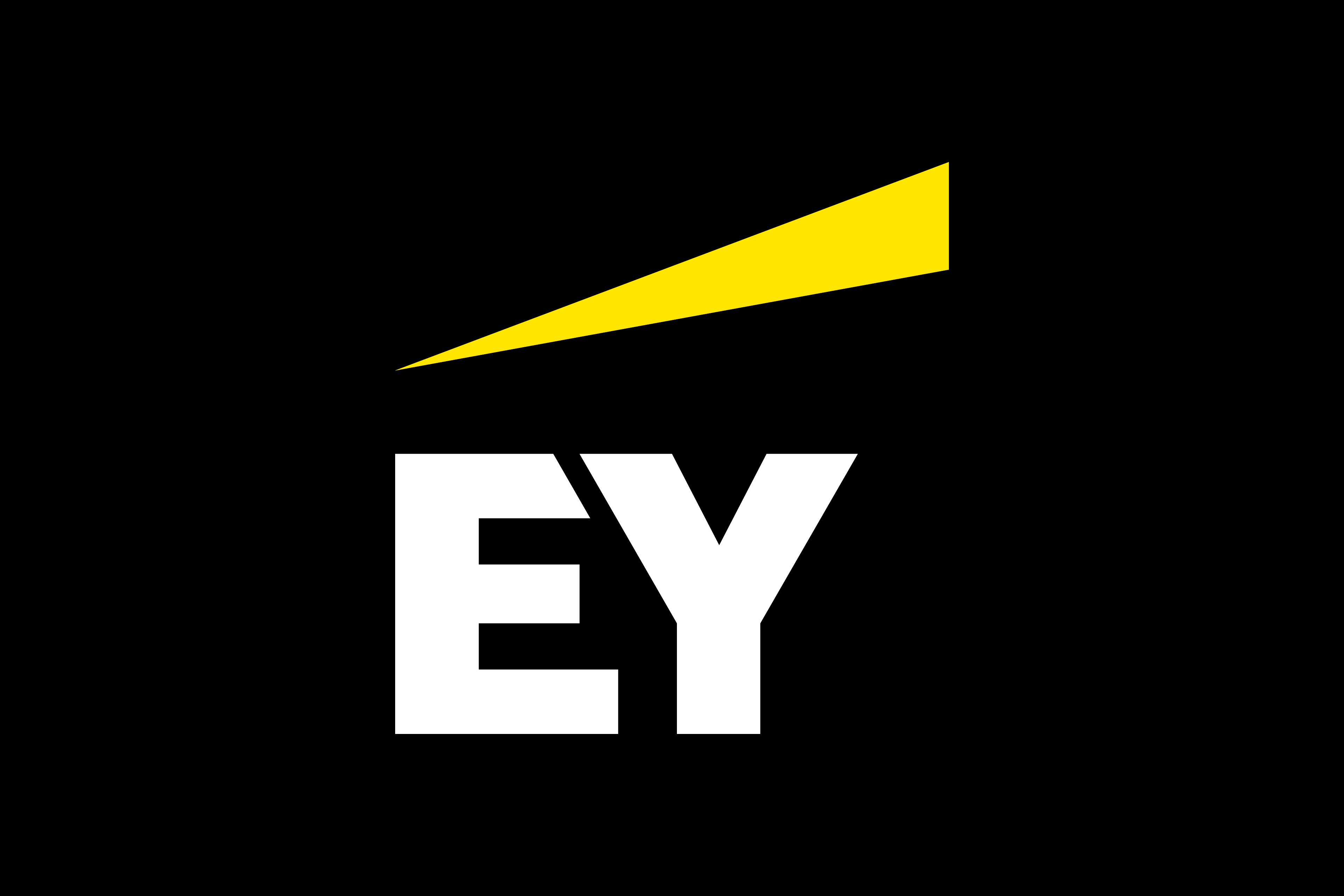EY refers to the global organization, and may refer to one or more, of the member firms of Ernst & Young Global Limited, each of which is a separate legal entity. Ernst & Young Global Limited, a UK company limited by guarantee, does not provide services to clients.

On 15 June 2022, the Belgian VAT Authorities published a new FAQ (LINK) concerning the VAT treatment of the provision of furnished accommodation.
Although some (very) specific cases have been addressed, there is still a great deal of uncertainty around a number of VAT implications arising from the new regulation.
The rental of immovable property by its nature (e.g. a house, an apartment or a studio) is in principle exempt from VAT with exception of certain transactions such as the provision of furnished accommodation in hotels, motels and establishments where paying guests are accommodated. Such hotel services are subject to the 6% VAT rate.
From 1 July 2022 onwards, the definition of what is to be considered as a hotel service will change.
To distinguish between a taxed hotel service or an exempt immovable rent, a new quantitative criterion, being a consecutive occupation of less than three months, will be put in place. The provision of at least one additional service (the so-called ‘related services’ such as breakfast, physical reception of guests, …) remains applicable.
The recently published FAQ on this topic provides some guidelines on very specific questions such as ‘what is to be considered as physical reception of guest’, ‘what if cleaning services are offered’, ‘what if related services are invoiced separately’, …
It however fails to address some important implications in the hands of the various players in the hotel sector when the duration of the stay of their guests indeed exceeds the forementioned three month period and leaves us sitting behind with a lot of unaddressed questions:
Mixed VAT status and deduction limitations
- When offering long term hotel services, are the hotel managers to be considered as mixed taxable persons? Also in case the longer stays are only accidental?
- Will the hotel managers need to limit their VAT deduction and if yes how is the limitation to be calculated (i.e. taking into account the days the room is used for a VAT exempt rental on a total year)?
- Is it likely that the real use method will be imposed or can hotel managers apply the general prorata?
- How are VAT adjustments on investments to be calculated? What with mixed investments such as common space (e.g. the pool, the restaurant, …)? Is the input VAT on furniture also to be adjusted?
- Will any tolerance/threshold be foreseen avoiding any VAT leakage in the hands of the hotel manager (i.e. no input VAT deduction limitation, no VAT revisions, …)
Split of the hotel price and applicable VAT rate
- In case the three month period is exceeded, is the price paid by the guest to be split between the VAT exempt rental service and the additional services?
- How should the price be split? Can a certain percentage be allocated to the VAT exempt immovable rent?
- Which VAT rate will apply on the additional services?
- What with the putting at the disposal of the furniture? Will this be considered as ancillary to the VAT exempt immovable rent or also be taxable?
The answers to the above-mentioned questions will have a large impact on the VAT cost, the compliance burden and thus also the price to be charged to the customer for long term hotel services.
It remains therefore advisable to have a closer look at the actual VAT impact and potentially go for an agreement with the VAT authorities.



